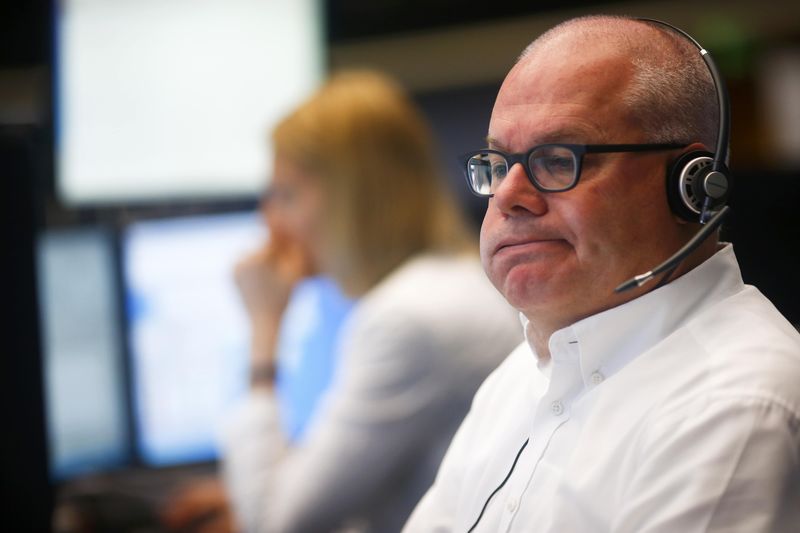Thor Industries Stocks Decline Due to Q1 Earnings Miss and Weak Revenue
On Wednesday, Thor Industries (NYSE:THO) shares fell by 3.7% following the release of its first-quarter earnings report. The company reported earnings per share (EPS) of $0.20, which was below analysts' expectations of $0.71. Additionally, the company's quarterly revenue fell short of expectations, announced at $2.14 billion compared to the consensus estimate of $2.25 billion.
Looking ahead, Thor Industries provided guidance for the fiscal year 2025, forecasting earnings per share between $4.00 and $5.00. This figure is below the consensus estimate of $4.92. The company also predicts fiscal year 2025 revenue will range from $9.0 billion to $9.8 billion, which is below the consensus estimate of $9.62 billion.
According to Keybanc analysts, Thor Industries' adjusted earnings per share were $0.51 lower than the consensus, and sales fell short of expectations by $98.6 million. The company's Trailers segment performed slightly better than expected, exceeding sales consensus by $9.7 million. However, this was overshadowed by weak performance in the Motorized segment, where sales fell $110.8 million below consensus, reflecting softer demand from dealers in a generally sluggish retail environment.
Additionally, Thor's European results also missed expectations by $11.4 million. The company's backlog decreased by 39% year-over-year, which is a significant point to consider for future performance. The gross profit margin for the quarter was 13.1%, falling 145 basis points below the 14.6% consensus. The operating margin (OM) was 0.5%, which was 269 basis points below the consensus of 3.2%.
Despite the lower-than-expected results, Thor Industries maintained its sales and earnings per share guidance for the fiscal year 2025, which includes a gross profit margin of 14.7-15.2%. The unchanged guidance for fiscal year 2025 indicates a need for stronger performance in the second half of the year. Management noted that optimism has increased among independent dealers following recent industry events and expressed cautious optimism regarding a potential recovery in consumer confidence that could bring the industry back to fundamental levels.


